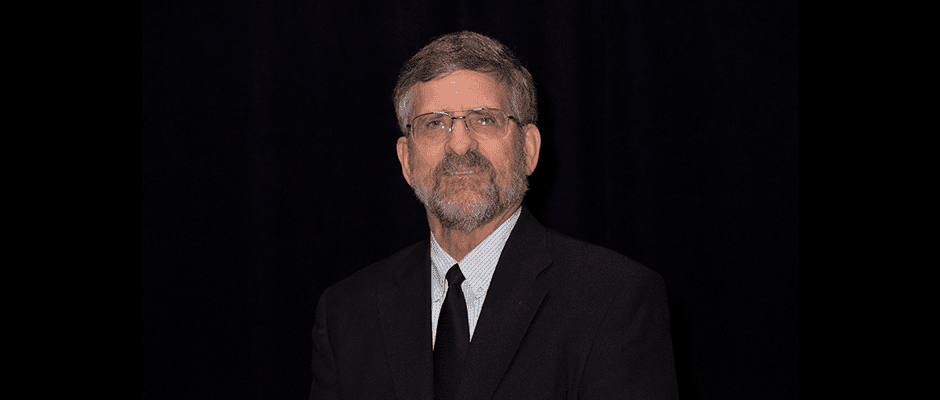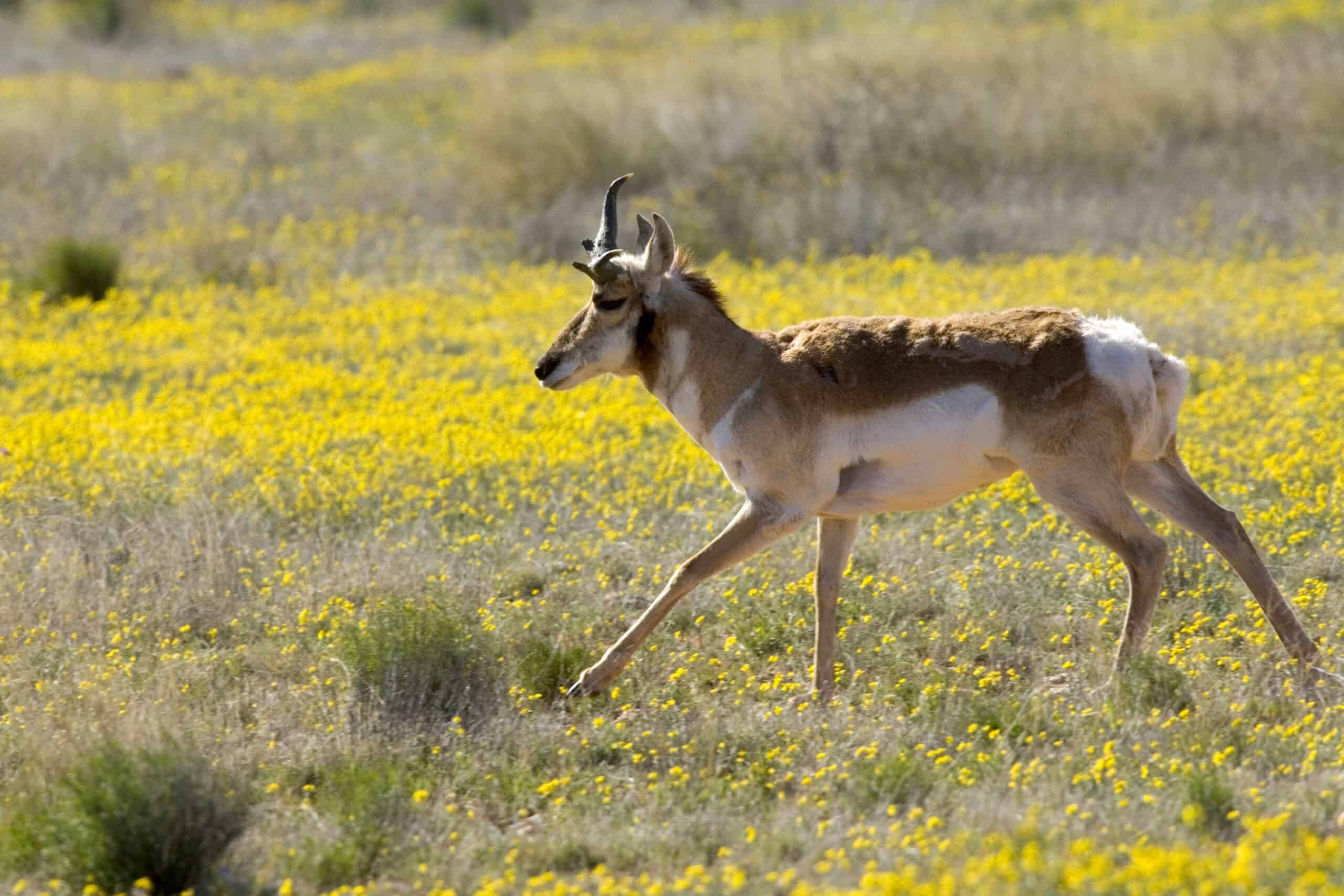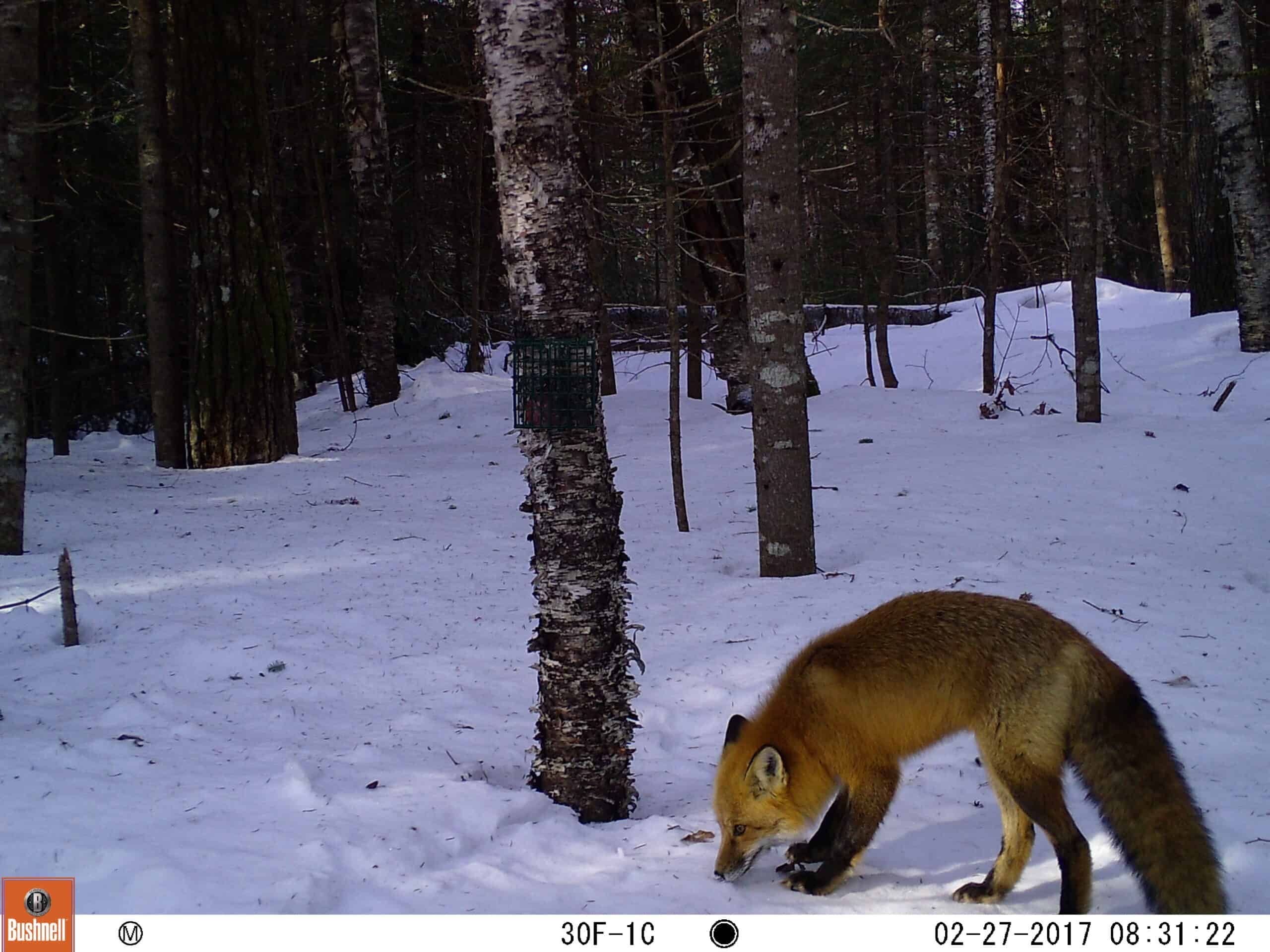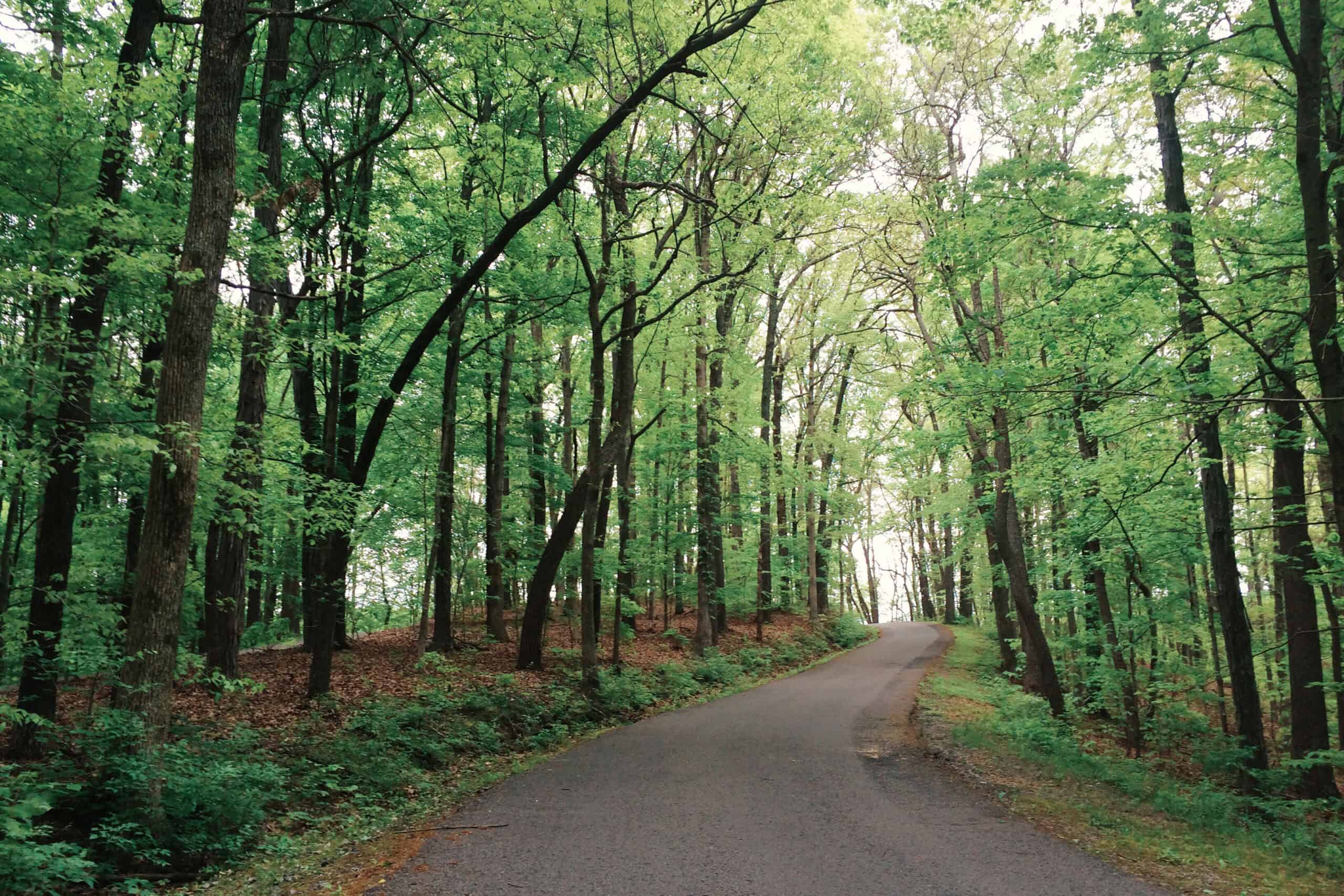Share this article
President’s Podium: Building upon our success
The 23rd Annual Conference of The Wildlife Society in Raleigh, North Carolina, during October 2016 was a great credit to all involved in its planning, and it expressed volumes about “Expanding the Partnerships,” the theme set last year by President Gary Potts. The Conference is still fresh in the minds of all who attended, but there are many who were not able to attend and benefit from the great interactions that occurred just a few weeks ago. Thus, I am dedicating much of this Podium to helping others appreciate all that transpired. My objective is to stimulate further direct and indirect participation by TWS members in what has become a fantastic annual education, training, and networking forum.
The Conference in Raleigh was the third largest in TWS history with about 1,865 registrants. Highly significant in registrant demography was the approximately 49 percent student component. Student engagement at that magnitude adds to our insight, challenges our needs to remain current with literature and technology, and keeps us invigorated! I can’t say enough about how significant this student engagement is to the vitality and relevance of The Wildlife Society.
Some highlights of the more than 90 education and training sessions with over 900 individual events during the five days of the Raleigh Conference include:
- 44 Contributed Oral Presentation Sessions
- More than 280 Posters, including nearly 220 Student Research in Progress Posters
- 27 Networking Events
- 25 Special Symposia, including a well-attended and insightful Women of Wildlife session
- 21 Working Group meetings
- 10 Workshops
- 10 Wildlife Films
- Five Field Trips
- Three Plenary and two Keynote sessions focused on Partnerships and award recognition
- 83 Exhibitors that highlighted new products and late-breaking technology
- Special events for Retirees, TWS Fellows, Participants in the Leadership Institute, Contributors to The 1,000, and many others
- Extensive recognition of all TWS Annual Award recipients during Plenary and Keynote assemblies, including the first ever Jay N. “Ding” Darling Memorial Award for Wildlife Stewardship Through Art.
- Career-building opportunities, including the ever-popular Resume Review sessions
- Quiz Bowl competitions that continue to engage and excite participants
| THE WILDLIFE SOCIETY’S 24TH ANNUAL CONFERENCE September 23-27, 2017 Albuquerque, NMDECEMBER 5, 2016 2017 Annual Conference Call for Proposals (workshops, symposia & panel discussions) Submission deadline is March 10, 2017 FEBRUARY 1, 2017 FEBRUARY 13, 2017 MARCH 1, 2017 MAY 1, 2017 |
In addition to the education and networking opportunities, The Wildlife Society Council conducted its “mid-year” meeting and transitioned in new Council members. Council was busy with performing mid-year budget review, streamlining position statements, reviewing status of Society publications, appointing a new member of the Certification Review Board, learning about progress with more than 30 partnerships, and examining continued development of member services. All Council Subcommittees and Ad Hoc Committees were activated to begin work immediately following the Conference. A key highlight presented by TWS staff is that membership has been on an upturn for several months after declining numbers for the past several years. We are now meeting targets for increased membership and have nearly 9,400 members in all categories. We also heard that steps are well in place for providing all TWS members free access to all Society journals beginning in January 2017. That will be a tremendous member service that should enhance all member awareness of the content of our technical publications and will be a valuable recruitment tool for attracting new members among our professional colleagues.
Another highlight for Council and many Conference participants was interactions with the 10 participants in The Wildlife Society Leadership Institute. These individuals showed incredible professional dedication during the approximately six months of assignments and interactions that culminate at the Annual Conference. There are now more than 120 alumni of the Leadership Institute, and they are becoming more apparent among the leadership ranks in TWS committees, working groups, and other aspects of Chapters and Sections. A notable commitment made at the Raleigh Conference by the 2016 Leadership Institute participants was to collectively contribute $1000 to The 1,000 as an expression of devotion to the objectives and strategic interests of the Society. I encourage all TWS members to take a lead from these young wildlife professionals and consider making an initial or additional financial commitment to The 1,000.
So, the Raleigh Conference has set the stage for continuing on the Partnership path that is forging strong conservation programs. To form effective and lasting partnerships, it is important to understand and respect the cultures that are integral parts of day-to-day conservation endeavors. Sometimes understanding how those cultures can pose challenges is difficult because it isn’t just about recognizing heritage, it is about knowing and respecting how technological, agency, social, recreational, political, and many other cultures affect natural resources values and uses. Thus, I have set an organizing theme of Wildlife Conservation: Crossroads of Cultures for our planning the 24th TWS Annual Conference in Albuquerque, New Mexico, in September 2017.
Cultural aspects of wildlife conservation will experience added challenges now that we know the outcomes of the recent U.S. Presidential, Congressional, State, and local elections. I encourage all TWS members to respect the views of the American public that were expressed in those elections. More importantly, it is incumbent on TWS members to be vigilant, responsive, and resilient regarding how the complexion of wildlife conservation and related natural resources management will adjust in coming months and years with new players and administrations in place. Some of those cultural changes should make for useful learning opportunities on the program in Albuquerque in 2017 and later annual conferences.
Bruce C. Thompson
President








